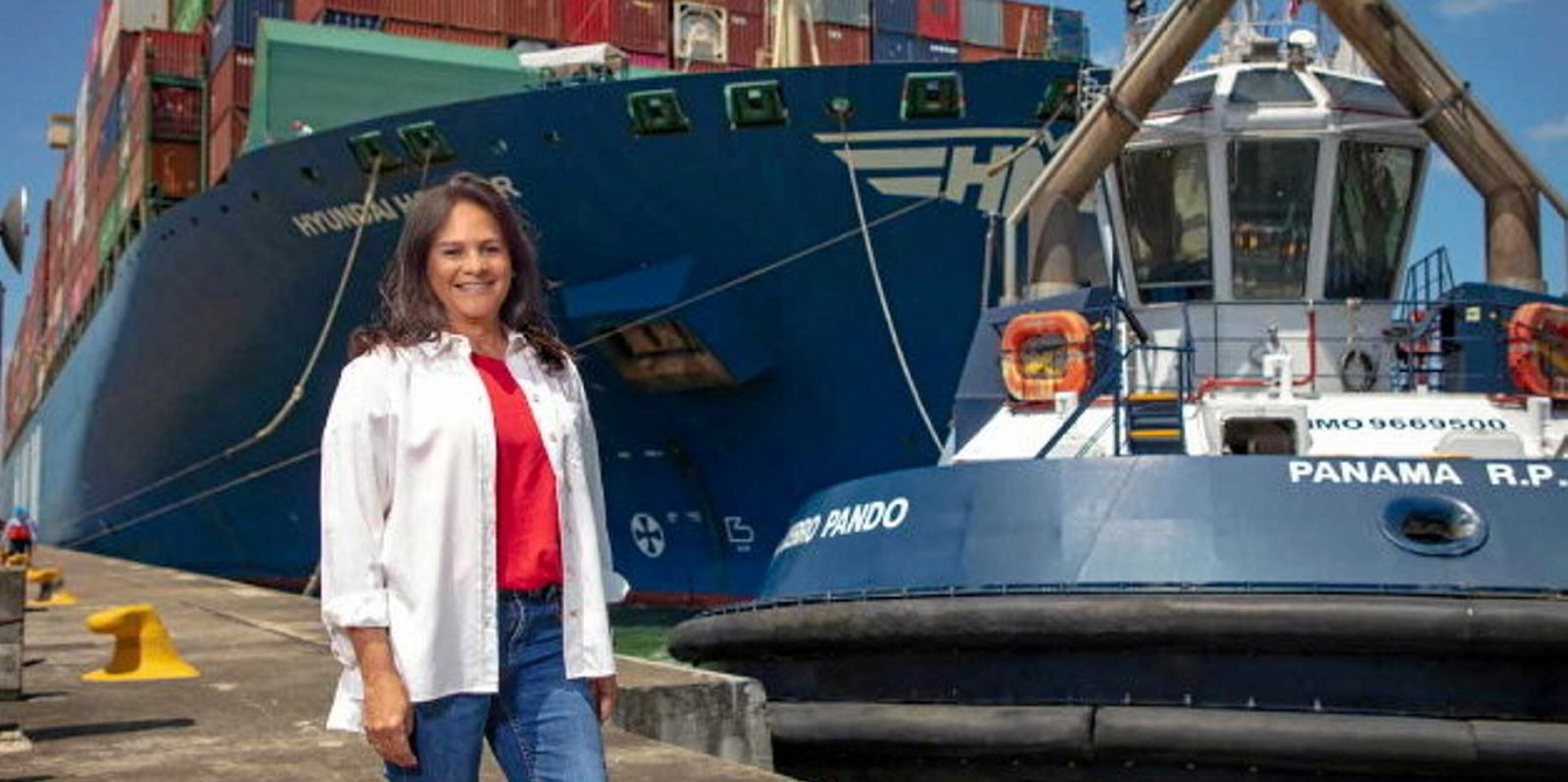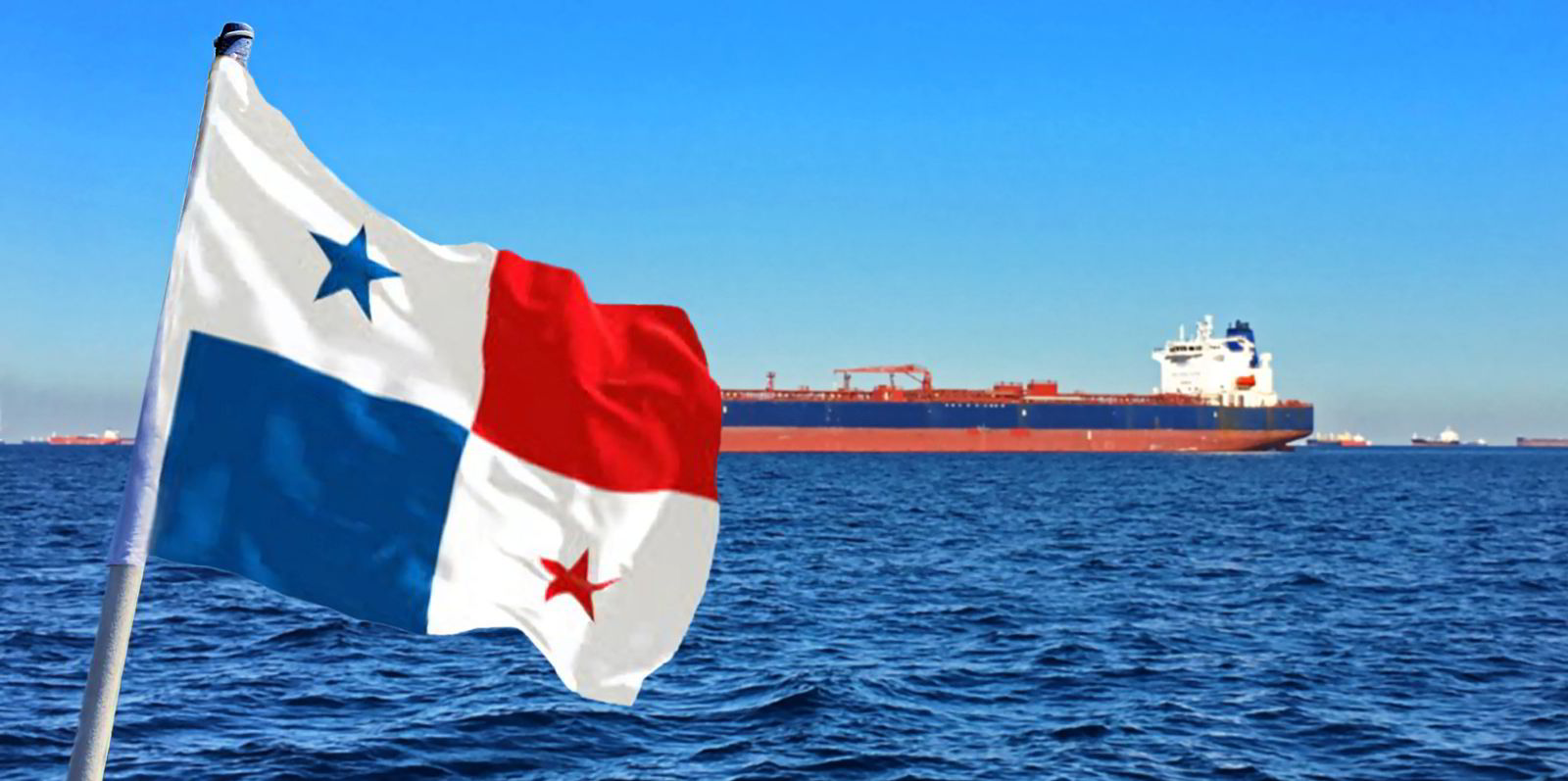The Panama Canal is stepping up its decarbonisation drive with the appointment of its first chief sustainability officer.
The role has gone to Panama Canal Authority (ACP) deputy administrator Ilya Espino de Marotta.
She will drive the creation of a more robust sustainability strategy, building on the canal’s “long-standing environmental leadership and developing business opportunities”, ACP said.
Climate change has been having a devastating effect on the canal in recent months, with Panama enduring a severe drought that has caused reductions in the number of vessel transits.
ACP is already working with the International Finance Corporation, part of the World Bank, to finalise an inventory of greenhouse gas emissions.
A climate risk assessment should be completed by the end of the year, with new targets then set from its 2025 financial year.
The long-term aim is net zero by 2050.
“Sustainability is not new for the maritime route, as the canal’s legacy is rooted in, and depends on sustainability. However, we recognise that we must be more ambitious, something we have been moving toward for some time,” said administrator Ricaurte Vasquez Morales.
He views the waterway as having “an outsized influence” on shipping transformation.
“Ilya will build on and expand our existing efforts, creating a more robust and global strategy for the evolving landscape we now operate in,” Vasquez Morales said.
Big spending coming
Finance chief Victor Vial said ACP wants to embed sustainability into more than $8.5bn of capital investments through the next five years.
Espino de Marotta began her career at the canal in 1985 as the sole female engineer at its shipyard.
She eventually became the executive vice president for engineering, overseeing the groundbreaking expansion programme.
Her appointment as the first female deputy administrator came in 2020.
The new CSO said: “While the Panama Canal has long focused on sustainability, the accelerating implications of climate change require stronger action.”
“As an international trade hub, we have an opportunity to not only drive sustainability at the Panama Canal but also help shape a more sustainable and productive ecosystem for global trade,” she added.




